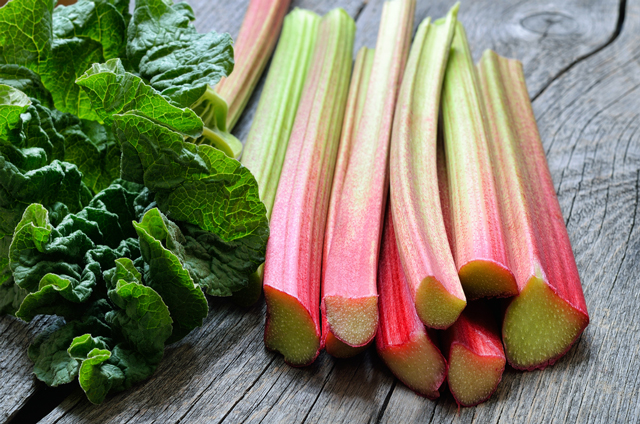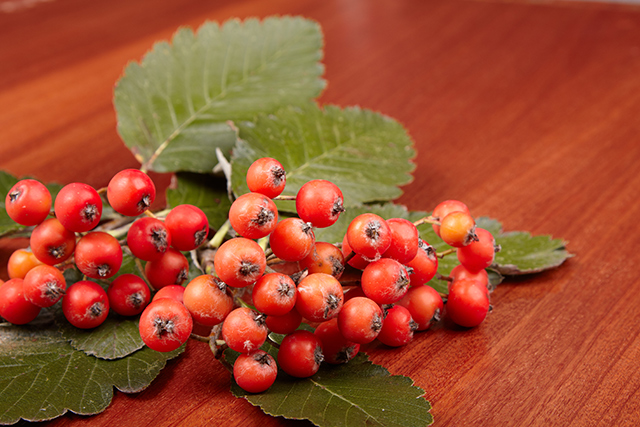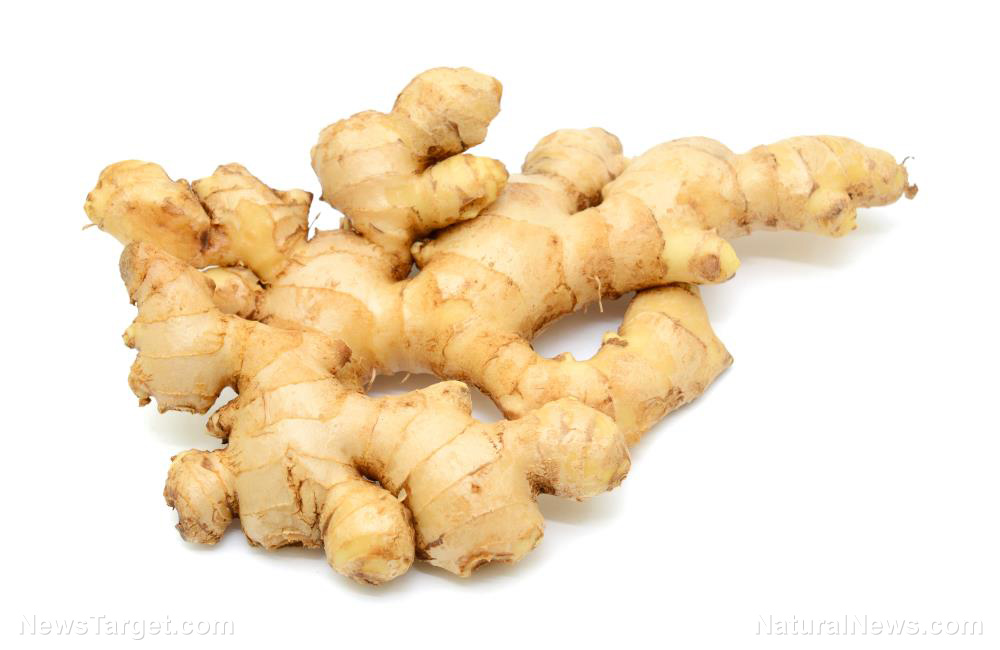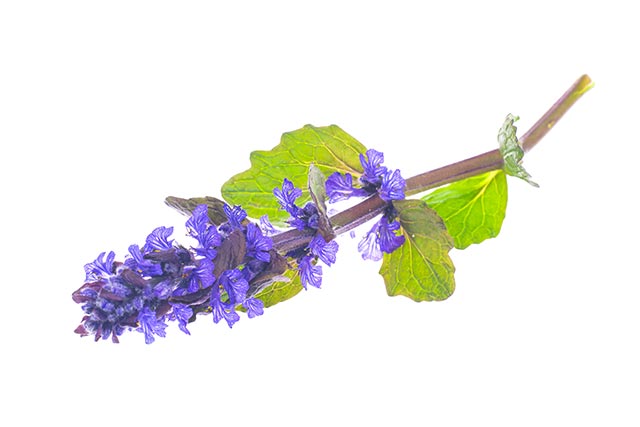The unicorn plant, Helonias Dioica, is an excellent remedy for female reproductive problems
08/31/2018 / By Janine Acero
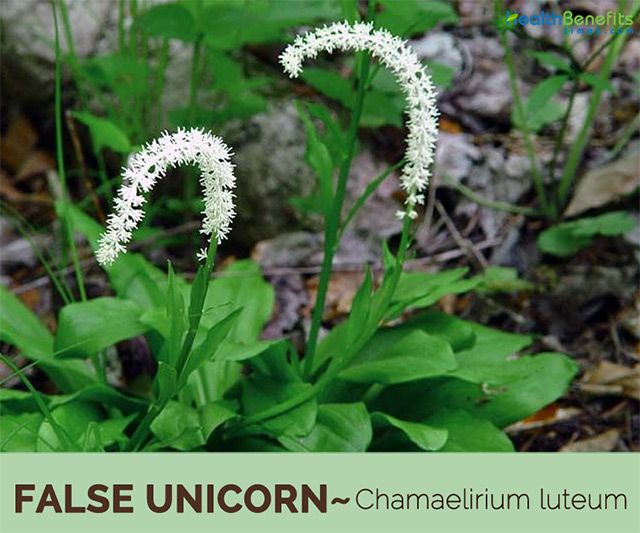
Unicorns are mythical creatures, but its namesake plant has been known and gathered for centuries for its medicinal properties that are all but a myth.
The false unicorn root (Chamaelirium luteum), a plant native to North America, is an excellent remedy for female reproductive problems, as highlighted in a paper published by Dr. Shruti Nair of Father Muller Homoeopathic Medical College and Hospital in Mangalore, India.
False unicorn root (not to be confused with true unicorn root, Aletris farinosa), also known as helonias dioica, is a herbaceous perennial plant that can be found in the U.S. from New England to Illinois, and all the way south into Florida. It typically thrives in humid climates and prefers moist soil.
It can grow in height to around 30–100 cm, with a smooth, angular stem and alternate leaves. It is narrow at the base and forms into a whorl. It has small greenish-white flowers in a dense terminal and a bulbous rhizome with fine wiry pale roots.
Other common names for false unicorn include: fairywand, helonias lutea, Veratrum luteum, Chamaelirium carolinianum, helionas root, blazing star root, devil’s bit, starwort.
For many years, the false unicorn has been gathered and used for medicinal purposes to the point that it’s now considered a threatened species.
Fertility herb
False unicorn root is predominantly recognized as a medicinal tonic for the female reproductive system, although it’s not exclusively used for women. It has been known as an effective remedy for a number of female reproductive problems, such as treating amenorrhea (the absence of menstruation), menorrhagia (abnormally heavy bleeding during menstruation), metrorrhagia (abnormal bleeding from the uterus); relieving dysmenorrhea (menstrual cramps); and, encouraging regular menstrual cycles. Moreover, it has been used as a remedy for constant dark bodily discharge with an extremely unpleasant odor.
This herb is also known for improving the sex drive and overall fertility in women, as well as relieving the symptoms of morning sickness and many symptoms related to menopause. It has been shown to increase estrogen, encouraging the ovaries in releasing a mature egg at ovulation. It is also said to improve over-exhaustion due to frequent pregnancies or recurrent miscarriages.
Herbal tinctures of false unicorn root have been used for centuries by women with recurrent miscarriages associated with uterine and cervical weakness, as well as for women with uterine hemorrhage and uterine prolapse (where the uterus comes through the cervix into the vaginal opening). It also supports the secretory responses and cyclical functions of the ovaries of women with low to no cervical mucus.
While most uses of false unicorn are recognized as beneficial to women, this herb can be equally beneficial for men, believed to be an effective remedy for impotence.
False unicorn root is commonly taken as a tea. To do this, put 1-2 teaspoonfuls of the root in a cup of water, then bring it to a boil. Simmer gently for 10-15 minutes. Drink the tea three times a day.
For unicorn root tincture, take 2–4 mL three times a day. If taking the dried root, consume 1–2 g (or ¼ to ½ teaspoon) three times a day.
More health benefits associated with helonias dioica
The false unicorn not only does wonders for the reproductive system, but it is also known to relieve symptoms and pain associated with other conditions, including:
- Irritable mood
- Weakness of memory
- Restlessness
- Pruritus vulvae (itchiness of the vulva)
- Dragging and weight in the sacrum and pelvis
- Painful, swollen breast and sensitive nipples
- Back pain
- Pain in the urethra while urinating
- Colic pain in the abdominal area
- Painful soreness over ovaries
- Unexplained depressive feelings
False unicorn root is also known to support lack of appetite and digestion, as well as kill and expel intestinal parasites such as tapeworms. In addition, this herb has been recognized as an effective diuretic and treatment for chronic pelvic inflammation (when combined with Echinacea).
Find more herbal cures for reproductive health issues and other ailments at Healing.news.
Sources include:
Tagged Under: alternative medicine, amenorrhea, estrogen, false unicorn, Fertility, Helonias Dioica, herbal medicine, Herbs, Homeopathy, hormones, impotence, Menopause, menstruation, miscarriage, morning sickness, natural cures, Natural Treatments, ovaries, plant cures, plant medicine, remedies, reproductive system, sex drive, unicorn plant, uterine prolapse, women's health


